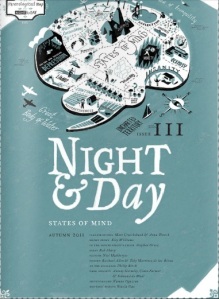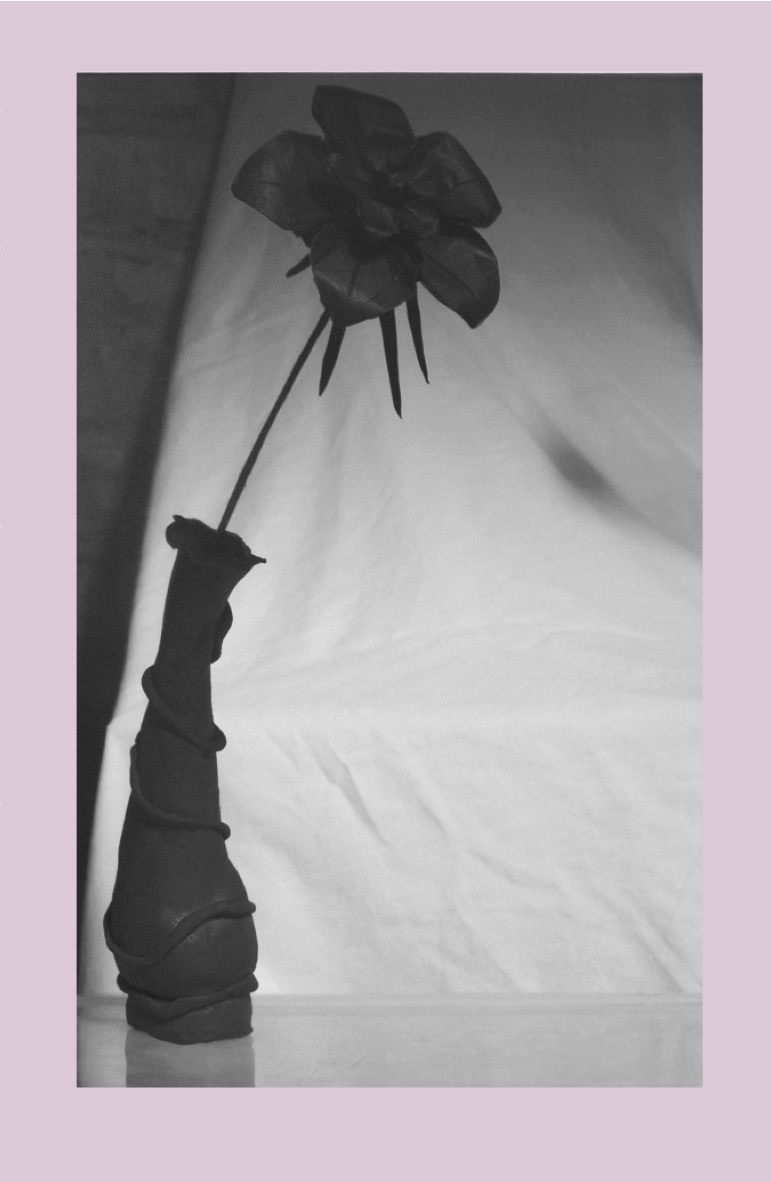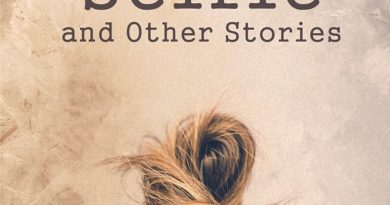Night and Day #3
-Reviewed by Chris Emslie–
This magazine, an offshoot of Vintage Books (they’re the ones who affix pretty, minimalist red-and-white covers to all the books you feel like you should have read by now), is interesting because it strays from the conventional literary magazine model. Yes, it offers a variety of prose and poetry, set alongside disarmingly old-fashioned illustration and decoration. Yes, its target market is unabashedly literary – Philip Birch’s article on escaping the drear of administrative work at a publishing house reflects this. However, this is not the lit mag many readers may expect. Night and Day are indeed delivering new literature, but their vehicle is distinctly journalistic. Eley Williams’s ‘Synaesthete, Would Like To Meet’ is a charming opening piece, though its cerebral first-person often blurs the line between short fiction and human interest column. The story is certainly warm and engaging, and its deliberately personal account of neurological synaesthesia is a sensitive progression from the fascination writers like Meaghan Delahunt have previously had with the condition.
The issue’s subtitle, ‘States of Mind’, flits in and out of the pieces. Psychoanalyst Stephen Grosz recounts a professional encounter in which a patient mistakes nostalgia for her child’s dependence on her for sexual dissatisfaction. To attribute these misidentified yearnings – both innately physical – to states of mind teeters on the edge of patronising. That’s not to mention the nonchalance with which defunct Freudian overtones are evoked and then dismissed. The “misread[ing]” of a state of mind that Grosz hands down to the reader in this article is perhaps more distressing than his revelatory tone suggests.
The next piece concerns a different Freud altogether – the late, great painter Lucian Freud. In his interview with one of Freud’s last sitters, Ria Kirby, Rob Sharp explores more of the ageing artist’s relationship with his model(s) than either his or Kirby’s state of mind. Freud’s old reputation of course surfaces, but what Sharp gleans is more a retrospective on how posing nude for the canvas affected Kirby’s daily routine and which social engagements Freud invited her to. This article feels more like fond gossip than any sort of psychic interrogation of the artist-sitter dynamic.
‘The Lives of Others’, an excerpt from a forthcoming novel by Neel Mukherjee, is stark and affecting. Despite becoming bogged down in its own language, this snapshot of absolute hopelessness is undeniably harrowing. Its detachment from reality is what gives the matter-of-fact prose its force: the protagonist’s “practised farmer’s hand” bringing a sickle down on his wife’s neck is chilling because it is so calm. Mukherjee details three murders without flinch or hysteria. He gives his character no alternative. What this excerpt distils into is the horrid but inescapable logic that comes when agency is wholly stripped away.
I am sure this will reveal tremendous bias on my part, but there is not enough poetry in this third issue of Night and Day. We are offered two poems by Toby Martinez De Las Rivas and two by Rachael Allen. The former are set alongside a three-line excerpt from a longer poem by Lisa Jarnot – an excerpt which is strong enough to be called insufficient in this context. De Las Rivas gives us two incredibly dense texts. The first is ‘Untitled’, a ten-line breeze block of cultural sniping. De Las Rivas disparages “these heaving galleries, / rats in tortoiseshell nerd-glasses” with a surprising amount of venom, foreseeing “hell as it really is” in “Purcell’s death chants piped over the duct-taped rubble”. By the end of the poem its strongest idea – the “tenacity of loss” – is almost buried under De Las Rivas’s vented spleen.
His second poem, ‘Singsong’, is more welcoming, though a little uncertain of its own shape. Images like “the spectral disk of each iris” are perhaps too inflated for their subject matter, but De Las Rivas recovers his charm in the poem’s more grounded moments: “Lá, d’you remember how the rain stumbled down on us, / and we dumped the others and scuttled home through it.” The poem then veers off again into a high, almost scriptural register, and only settles again in its final moments, having passed through Gateshead, Massachusetts and Northumberland to rest on the “arc of winter, deathbell, apostle of pine trees and snow”. This final trio of images cools De Las Rivas’s linguistic fever and recalls the Norwegian poet Tarjei Vesaas, which seems all too appropriate at this time of year.
Rachael Allen’s poems are much more direct. In this case, their openness and immediacy is refreshing. ‘Milestones’ gives an account of a stillbirth that is arresting because of Allen’s clever manipulation of the narrative space. The truth of the lines is not realised until around the third stanza, in one of those rare (and usually heartbreaking) moments that the reader is prompted to stop and re-read the line in an awful surge of understanding. The baby enters the poem “half-done, swollen and shining” and “dark as petrified wood”. Allen’s invocation of the mythical ferryman Charon is slightly heavy-handed but the images here are generally thoughtful and delicately expressed. The poem ends soberly and without much ado, “before we’d even begun / to let you go.”
Allen’s second offering is thankfully lighter. The almost-caricature of a waiter “opening up his grinning arms / to the erect pepper grinder, as large / as his leg” fuels an incisive exploration of the (presumably male) speaker’s sexual anxiety. The poem, candidly titled ‘Impotence’, is insightful without descending into mockery or humour for humour’s own sake. This awareness of the absurd and its intersection with real life gives the poem a credibility that is harder to achieve than it might appear. Allen’s final lines rescue the poem from its own comic trap:
“[…]Glancing around, I chew
in questions, everyone around us has taken
everything to talk about so that suddenly, after
years, we have nothing to say.”
The third issue of Night and Day presents an intriguing intersection of literature and journalism, one that poses questions about how we define the term ‘literary magazine’. Its aesthetic is consistent and appealing, but often proves distracting from the content itself. While the mix of poetry, prose and nonfiction here is healthy, anecdotal articles and photographic peeks into creative workspaces seem to water it down. Ultimately, there is a feeling of art taking the back seat in this issue. I welcome a communal forum for literature and journalism, but it should be on even ground – the space afforded to the arts is shrinking fast enough as it is.





Pingback: Saboteur Awards 2012 « Sabotage